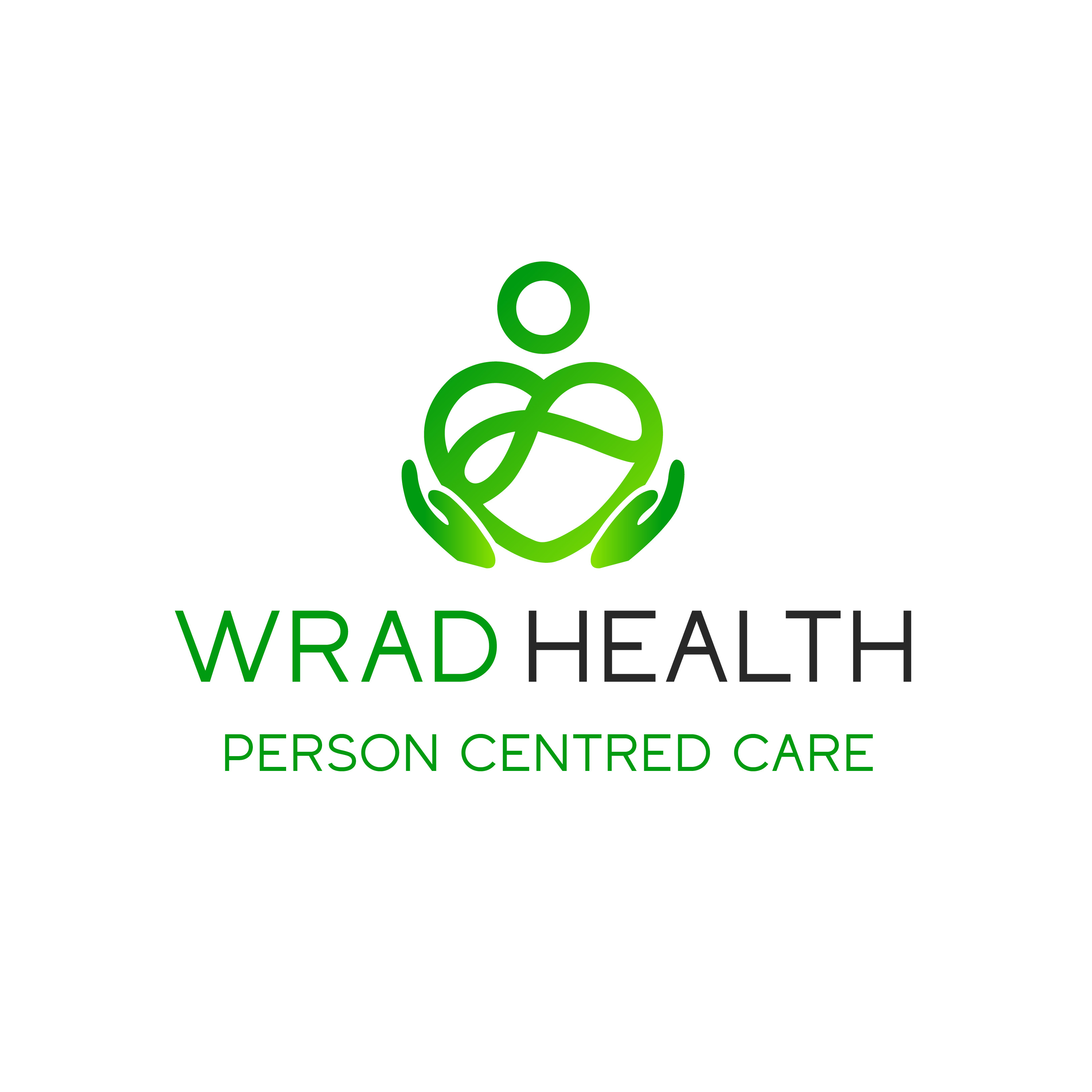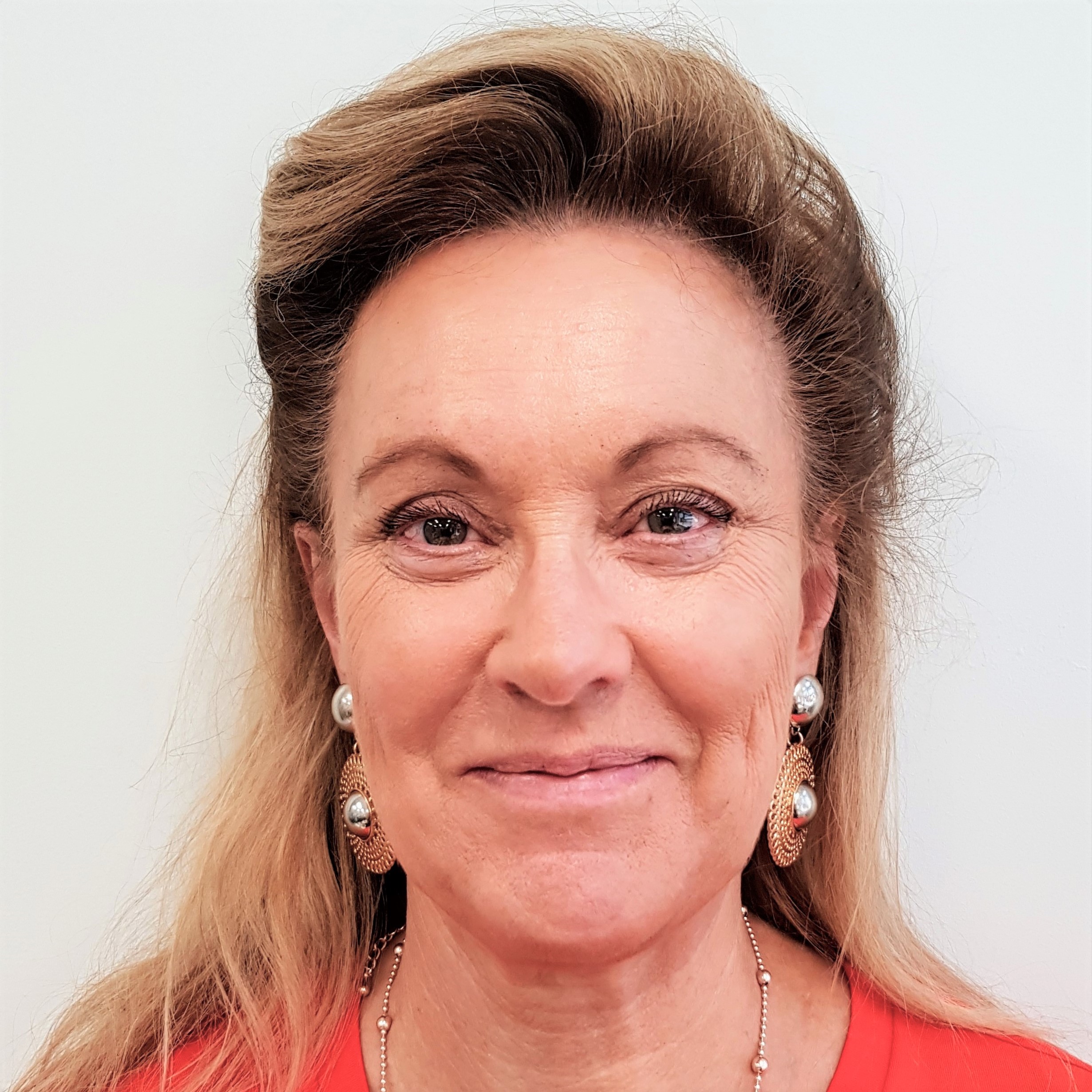

October 5, 2021
Uncategorized

The InFocus sessions will start on October 21 and are specifically for the Great South coast region.
InFocus is a free education program developed by Family Drug and Gambling Help that offers practical support, relevant information, coping strategies and the opportunity for people to connect through their shared experiences.
The sessions are a partnership between the Great South Coast Drug and Alcohol Consortium led by Western Region Alcohol and Drug Service (WRAD) and Family Drug and Gambling Help at the Self Help Addiction Resource Centre.
Family support group coordinator Fiona Anderson said online sessions allowed the convenience of attending without travelling great distances and for concerned family members to be anonymous if they wish.
“In regional communities, people can be worried about having their story known so being online can be helpful in that respect,” Ms Anderson said.
InFocus was developed by family members for family members and is facilitated by professionals who have also been impacted by someone’s drug and alcohol use.
“It’s more relevant to families because they’re going through the emotions, fear and stigma,” Ms Anderson said. “At times, others who have not had that lived experience may find those emotions difficult to understand. While we acknowledge that there may be times that separation may be the safest choice in some circumstances, the vast majority of family members accessing our services really want to stay connected to their loved one who is using substances.”
The weekly 90-minute sessions include time for people to share stories and experiences and follow a detailed program with practical, relevant and valuable information for family members. Participants also receive a manual.
Ms Anderson said the sessions were not about telling family members what to do, or what not to do. “We understand and know what they’re going through, but we try not to give advice about what a family member should do,” she said. “We can say what works for other people and what the research tells us, and families have the opportunity to see what works best in their individual situation. The important thing is that they are not alone, and that support is available.”
Ms Anderson said sometimes others who have not been in similar situations may say that a family member can’t live with their loved one because of their behaviour, “but try saying that to a parent; the thought of their child living on the street would be gut-wrenching.”
The sessions discuss different options that might work for families and have led to many success stories, with the focus on the family rather than the person experiencing dependency.
“Many family members come to us and say how can I help them, how can I fix them, how can I make it better for them? Our program focusses on the family member. We challenge their thinking about how they can make it work for themselves and for the family, how they can make their lives more manageable while at the same time doing what they need for their loved one. Family members often comment on how much their self-care has improved and that they are more able to cope.”
“We often find when a family member focuses on themselves, they become role models for their loved ones and, shifting family dynamics and reducing anger and resentment
“It allows them to have a relationship with their loved one. They can distinguish between the person they know and love and the substance they are using and their behaviours. They can love the person, but not love their behaviour.”
Ms Anderson said there had been an upswing in problems during the pandemic. “Alcohol use is definitely on the rise, along with depression, anxiety and family violence.”
“You don’t have to accept their behaviour, but we can though do our best to remember they’re not doing what they’re doing to hurt you.”
The sessions run from 10.30 to 12 noon on Thursdays from October 21 to November 25, 2021.
Bookings are essential. Phone Family Drug and Gambling Help at SHARC on 1300 660 068.
People seeking help can also contact WRAD on 55 645777.
WRAD HEALTH’s vision is to advance the health and wellbeing of those in the South Western Region of Victoria affected by Addictive behaviours and to promote optimal enjoyment of life.
WRAD HEALTH seeks to provide comprehensive, holistic support and treatment to individuals and others affected by addictive behaviors and associated issues.
The philosophy of harm minimisation underpins the delivery of all programs offered by WRAD HEALTH. This principle recognises that people in our society use both licit and illicit drugs, and that drugs can be used in ways that are more or less harmful to individuals, families and society. Harm minimisation offers a number of options designed to reduce the harm of drug use to the user and society.
Emergency call 000
For medical issues call South West Healthcare 55 631666
For mental health issues call SWH emergency dep't 55 631 666 or 1800 808 284
For drug and alcohol issues call Directline 1800 888 236
For Lifeline call 13 11 14
Or click on the links below for help.